Arctic Mental Health
Working Group
A USARC-Coordinated
Working Group
ARCHIVE. The Arctic Mental Health Working Group (AMHWG) pages on this website contain archived content from 2015–2018. In 2018, concurrent with the $4.25M grant received by the University of Alaska Fairbanks for the Alaska Native Collaborative Hub for Research Resilience (ANCHRR), the group disbanded to pursue focused projects in smaller groups. Please contact crosa@arctic.gov for additional information.
Arctic Mental Health Working Group
A USARC-Coordinated Working Group
ARCHIVE. The Arctic Mental Health Working Group (AMHWG) pages on this website contain archived content from 2015–2018. In 2018, concurrent with the $4.25M grant received by the University of Alaska Fairbanks for the Alaska Native Collaborative Hub for Research Resilience (ANCHRR), the group disbanded to pursue focused projects in smaller groups. Please contact crosa@arctic.gov for additional information.
Membership
The AMHWG is composed of individuals with expertise in the fields of mental and behavioral health. The working group includes researchers, clinicians, program managers and administrators with the mission of strengthening systems of care to prevent suicide and improve mental health in the circumpolar north.
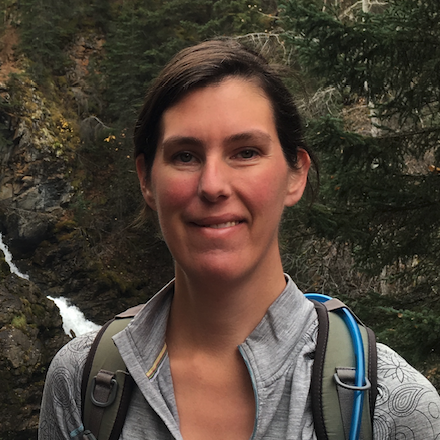
Laila Allan
Alaska Department of Corrections
View Bio
Laila Allen, MPH, is the Behavioral Health Data Analyst at the Department of Corrections. She is most interested in the social determinants of health and health disparities. The intersection of these issues with justice-involved individuals guides her research, with the ultimate goal being to prevent and reduce the incarceration of individuals struggling with mental health and addiction.. Laila came to Alaska in 2011 and worked at Chugach Alaska Corporation before returning to school to complete her MPH and work at UAA’s Center for Behavioral Health Research and Services.

Michael Baldwin
Alaska Mental Health Trust
View Bio
Michael Baldwin, M.S. is the Evaluation and Planning Officer at the Alaska Mental Health Trust Authority. He received his Master’s of Science degree in Counseling Psychology from the University of Alaska Anchorage, and pursued doctoral work in Clinical Psychology at the University of Wyoming. He has been at the Alaska Mental Health Trust Authority for approximately eight years and, prior to that, worked for one of the Alaskan Native tribal health organizations.
He has worked in behavioral health for almost 30 years in a variety of urban, rural and community settings. He has been a strong advocate and worked with Alaska’s children, families, individuals and communities experiencing the consequences of mental health and substance abuse including suicide and fetal alcohol spectrum disorders. He has also presented, published, and provided trainings nationally and internationally on the overlap of suicide and fetal alcohol spectrum disorders.
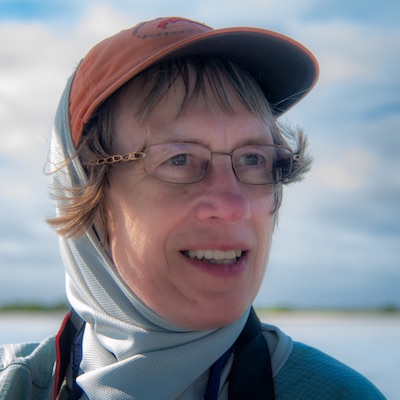
Debra Caldera
Alaska Public Health Association
View Bio
Debra Caldera, MPH, is a retired nurse/health program manager and a past president of the Alaska Public Health Association. She moved to Alaska in 1984 and worked with Tribal organizations to identify and address challenges faced by Community Health Aides/Practitioners through a federal legislative initiative. During 19 years with the State of Alaska she managed statewide programs focused on improving the health and wellbeing of Alaska’s children and their families and evaluating services provided. Debra has a special interest in the impact of behavioral health issues on the health and well-being of Alaskans.
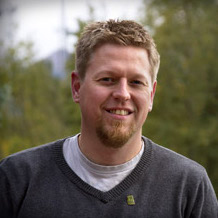
Cody Chipp
Aleutian Pribilof Islands Association
View Bio
Dr. Chipp, a licensed psychologist, serves as the Behavioral Health Clinical Supervisor for the Aleutian Pribilof Islands Association (APIA). He earned his doctorate is in Clinical-Community Psychology, with a Rural and Indigenous emphasis, from the University of Alaska. As a direct service provider, he provides behavioral health services through regional outpatient medical clinics, addressing mental health and substance abuse concerns, and behavioral change in chronic disease management. Dr. Chipp’s professional background also includes research in rural settings, with an emphasis on service delivery and health outcomes of underserved populations. He has multiple peer-reviewed publications in the areas of nutrition and rural clinical practice, using both quantitative and qualitative research methods. He is also the current Chair for Alaska’s Tribal Behavioral Health Directors, which provides an opportunity to engage on a state-wide policy level to address the behavioral health needs of Alaska Native peoples throughout Alaska. In addition to statewide policy advocacy, Dr. Chipp also engages in circumpolar health research and advocacy as the Co-Chair of the Arctic Human Health Expert Group within the Arctic Council.
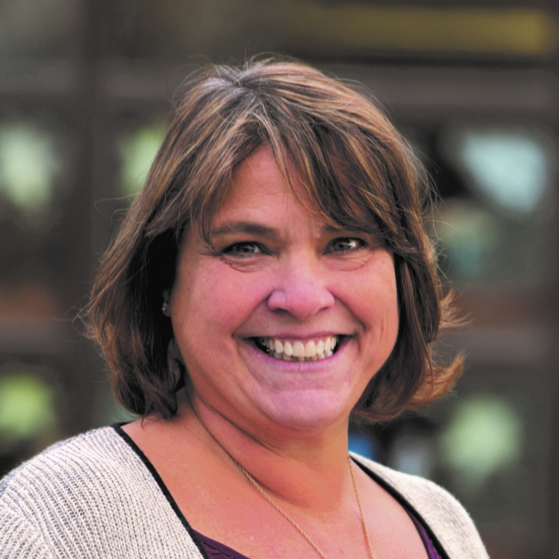
Kathy Craft
Alaska Health Workforce Coalition
View Bio
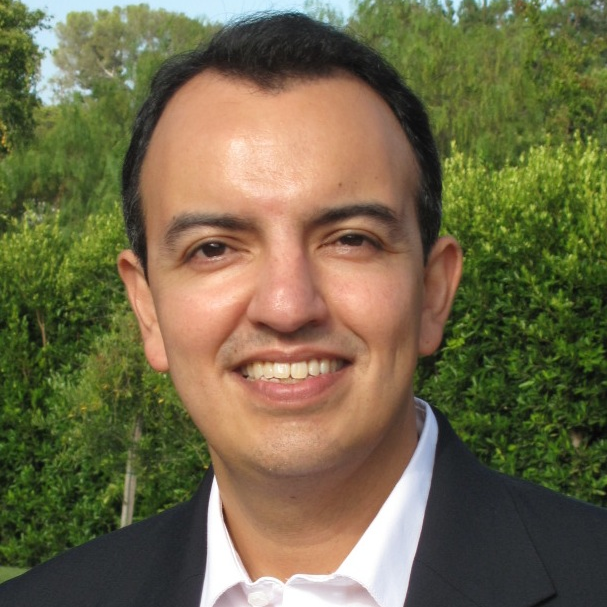
Roberto Delgado
National Institutes of Health
View Bio
Roberto A. Delgado, Jr., PhD, is a Research Analyst and Scientific Program Manager in the Office for Research on Disparities and Global Mental Health (ORDGMH) of the National Institute of Mental Health (NIMH) at the National Institutes of Health (NIH), supporting NIMH’s efforts to reduce to mental health disparities both within and outside the United States. In this capacity, he is coordinating and managing RISING SUN, an Arctic Council initiative with the goal of producing a toolkit that enables communities, governments, and key regional stakeholders to measure the effectiveness of suicide prevention interventions among Arctic indigenous communities. He arrived at NIMH following an American Association for the Advancement of Science (AAAS) Science & Technology Policy Fellowship at the National Science Foundation (NSF). At NSF, he worked in the Directorate for Geosciences supporting the research goals and policy activities of the Arctic Sciences Section in the Division of Polar Programs through his engagement in the Interagency Arctic Research Policy Committee, the U.S. Arctic Policy Group, the Arctic Executive Steering Committee, and two international working groups of the Arctic Council focused on the conservation of Arctic flora and fauna, as well as on sustainable development.
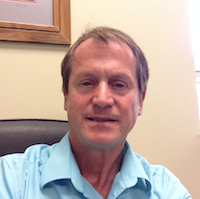
Ray Droby
Norton Sound Health Corporation
View Bio
Dr. Ray M. Droby, originally licensed in Wisconsin where he worked in a group practice for 5 years, has served as a psychologist in the Bering Strait Region of remote northwest Alaska for 20 years. He received his undergraduate training in Human Development at the University of California, Davis, and procured his graduate education and training as a psychologist at the California School of Professional Psychology (now Alliant International University), Fresno. He has dedicated his career to working with Alaska Natives. As a commissioned corps officer (0-6: Captain) with the United States Public Health Service (USPHS) assigned to the Norton Sound Health Corporation (NSHC) in Nome, Dr. Droby has worked with Alaska Natives in Nome as well in the 15 outlying Native communities comprised of Inupiat, Central Yupik and St. Lawrence Island-Yupik. He has lived and worked in the Central Yupik village of Stebbins for 3 years, 1 year on St. Lawrence Island in the Native village of Savoonga, and presently lives with his family in the Inupiat community of Unalakleet where he is the director of psychological services at the NSHC Unalakleet Sub-Regional Clinic.
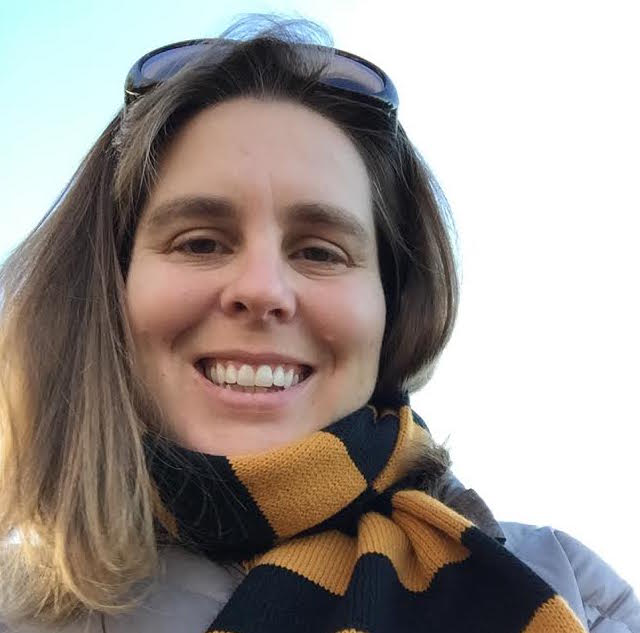
Carrie Eischens
US Arctic Research Commission
View Bio
Dr. Carrie Eischens is the Research Program Coordinator for the U.S. Arctic Research Commission (USARC) in the Commission’s Anchorage office.
Dr. Eischens has a Ph.D. in Marine Ecology from Dalhousie University in Halifax, Nova Scotia, and worked as a Wildlife Biologist for the Alaska Department of Fish and Game before transitioning from field research to a research management focus. Prior to coming to USARC in 2015, she worked for the North Pacific Research Board for over seven years in a variety of program management positions including Senior Program Manager and Chief of Operations.
Presently, Carrie facilitates USARC’s Arctic Renewable Energy Working Group and Arctic Mental Health Working Group. She also participates in USARC’s Alaska Rural Water and Sanitation Working Group and assists with other USARC sponsored events and publications.
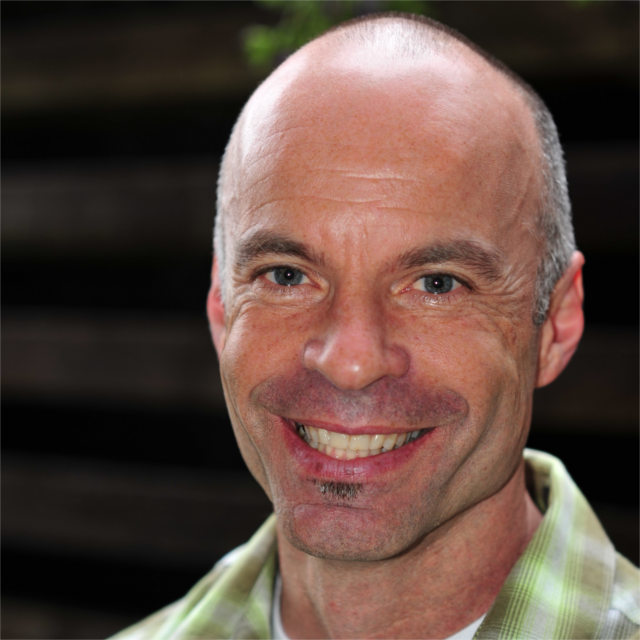
James Gallanos
Alaska Department of Health and Social Services
View Bio
James Gallanos, MSW, is the lead Suicide Prevention Coordinator for the Alaska DHSS Division of Behavioral Health. He currently manages the Community-Based Suicide Prevention Program and several other statewide projects, including the Garrett Lee Smith Memorial Act (GLSMA) Alaska Youth Suicide Prevention Project, the Alaska Gatekeeper Suicide Prevention Training program, and the Alaska Postvention Project. James lives with his family in Juneau and enjoys running, skiing, surfing and playing in the mountains.
Deborah Hull-Jilly
Alaska Department of Health and Social Services
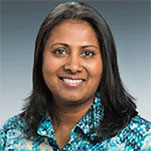
Vandana Ingle
Mat-Su Health Foundation
View Bio
Vandana Ingle is one of the Program Associates at Mat-Su Health Foundation. She supports the foundation’s program team in implementing grant programs and other strategies to further the organization’s mission. Some of Vandana’s responsibilities include assisting in day to day implementation of grant and scholarship programs; educating grantees and prospective grantees about MSHF grant and scholarship program objectives and criteria; investigating grant request; and preparing grant reports. Vandana has previously served as director of development and communication at Frontline Mission. She has a master’s degree in communications media for children from SNDT College, India, a bachelor’s degree in ministry from Nazarene Bible College in Colorado Springs, and a bachelor’s degree in commerce/banking and finance from the University of Poona, India.

Lauren Kelly
Alaska Area Health Education Centers
View Bio
Lauren Kelly is the Director of the Northwest AHEC center in Alaska which includes the North Slope, Kotzebue and Nome. Lauren has lived and worked on the North Slope since early 2013 and has been at Ilisagvik College since mid-2015. Ilisagvik is Alaska’s only Tribal College and part of the American Indian Higher Education Consortium (AIHEC). Born and raised in Southern California, she has lived and worked in Arizona, Illinois, Georgia and now calls Alaska home. She has spent more than 20 years as a psychotherapist and is dedicated to helping others not only explore their career options but hopefully find their vocation as a healthcare professional. Lauren holds a Master of Arts Degree on Clinical Psychology, a Bachelor’s Degree in Pastoral Ministries and is a licensed Marriage and Family Therapist in both Georgia and Alaska.
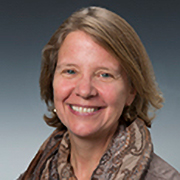
Melissa Kemberling
Mat-Su Health Foundation

Angela Mark
Substance Abuse and Mental Health Services Administration
View Bio
Angela Mark is a Public Health Advisor in the Suicide Prevention Branch, Center for Mental Health Services, SAMHSA. Angela serves as an American Indian/Alaskan Native focused Grants Project Officer. She manages Garrett Lee Smith Youth Suicide Prevention Tribal grants, as well as the Native Connections, Tribal Behavioral Health program. She believes that healing historical trauma, along with grassroots engagement, community prevention planning, and culturally-based interventions are essential to helping to save lives in indigenous cultures.
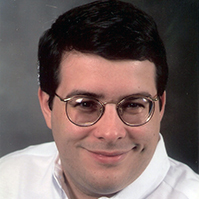
Grant Rich
Alaska Department of Health and Social Services
View Bio
Grant J. Rich is the Research Manager at State of Alaska’s Division of Behavioral Health. He received his Ph.D. in Psychology: Human Development from the University of Chicago. His work focuses on optimal cross-cultural human development, international psychology, mixed methods, and integrating traditional and contemporary healing modalities.

Cheryl Rosa
US Arctic Research Commission
View Bio
Dr. Cheryl Rosa is Deputy Director and Anchorage-based Alaska Director of the United States Arctic Research Commission (USARC).
Dr. Rosa is trained as a Wildlife Veterinarian and Wildlife Biologist and has worked with subsistence communities on the North Slope and in the Russian Far East on a wide range of studies involving wildlife health and zoonotic disease, marine mammal stranding response, subsistence food safety and oil spill/offshore discharge research.
Presently, she is involved in running USARC’s Alaska Rural Water and Sanitation Working Group, the Arctic Renewable Energy Working Group and the Arctic Mental Health Working Group.

Amanda Slaunwhite
University of Alaska Anchorage
View Bio
Dr. Slaunwhite is an Assistant Professor and Director of the Center for Alcohol and Addictions Studies within the Institute for Circumpolar Health Studies. Dr. Slaunwhite is a highly interdisciplinary researcher with a background in health geography and addictions research with a focus on prevention and treatment in rural and remote places. Prior to her move to Alaska, Dr. Slaunwhite led research projects in New Brunswick and British Columbia (Canada) examining the impact of policy reforms on youth exposure to alcohol-related marketing and mental health-related hospitalizations by children and youth in Atlantic Canada.
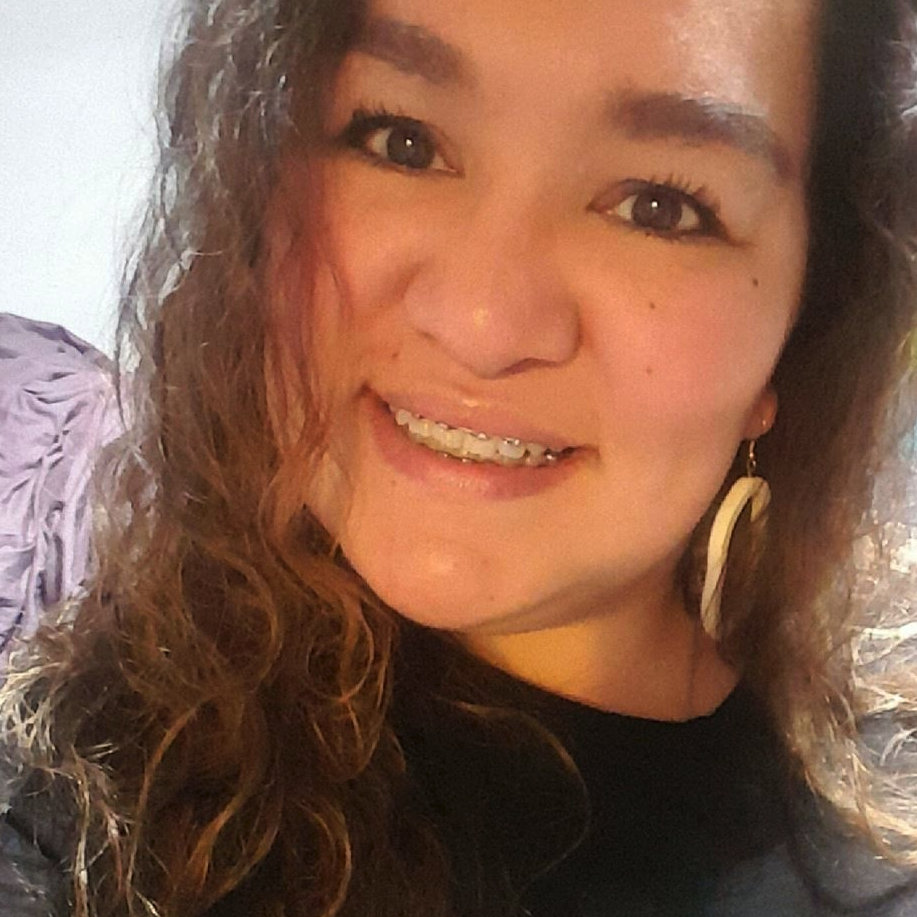
Asisun Toovak
North Slope Borough Health and Social Services
View Bio
Asisaun Toovak is the Public Health Project Manager with NSB Health & Social Services Prevention Program in Utqiagvik, AK. Asisaun is Inupiaq and was Born and Raised in Utqiagvik, AK. Her Parents are Bertha and Joseph Panigeo Jr. and she loves hunting, whaling and camping with her family. For the past 4 years Asisaun has been with the Prevention program working with the youth and elders in our villages.
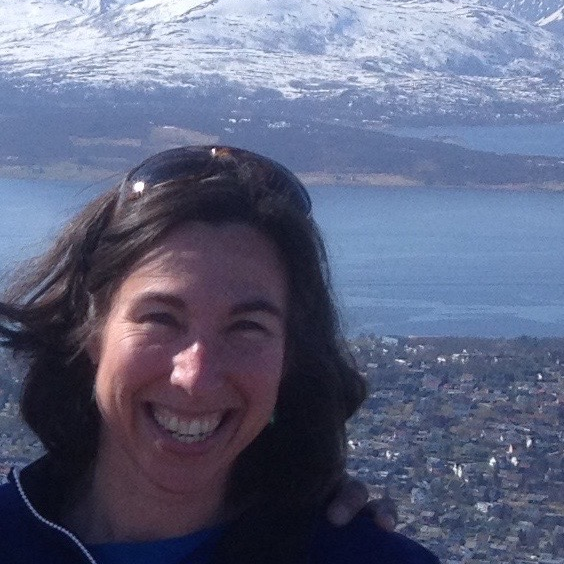
Lisa Wexler
University of Massachusetts
View Bio
Lisa M. Wexler is an Associate Professor of Community Health Education in Health Promotion and Policy within the School of Public Health and Health Sciences at the University of Massachusetts Amherst and has been working in Northwest Alaska for 20 years as a social worker, community organizer and researcher. Funded by the National Institutes of Mental Health, the National Science Foundation, the Canadian Institutes for Health Research, her community-based research program utilizes participatory methods to investigate how structural violence contributes to the health disparity of Indigenous youth suicide, and considers the ways that cultural and social systems shape patterns of resilience within families and communities.
Dr. Wexler actively collaborates with tribal service organizations to investigate how prevention programs and services can better meet the needs of rural Alaska Native communities and persons. Her strength-based research utilizes intergenerational narratives and cultural strengths to understand and address youth suicide in ways that offer individuals, families and tribal communities practical and encouraging possibilities for action.

Tina Woods
Alaska Native Tribal Health Consortium
View Bio
Tina Woods is Aleut originally from St. Paul Island, Alaska and Chamorro from the Island of Guam. She is the Senior Director of Community Health Services at the Alaska Native Tribal Health Consortium. Tina is a licensed clinical psychologist and received a Ph.D. in Clinical-Community Psychology with a Rural Indigenous Emphasis from the University of Alaska Anchorage. She has worked within the Alaska Tribal Health System for over 15 years with majority of her time as an administrator for the Aleutian Pribilof Islands Association (APIA).
Home | About | Publications | Working Groups | News & Events | Policies | Photo Credits | Privacy
Looking for U.S. government information and services? Visit USA.gov
Connect
Looking for U.S. government information and services? Visit USA.gov


